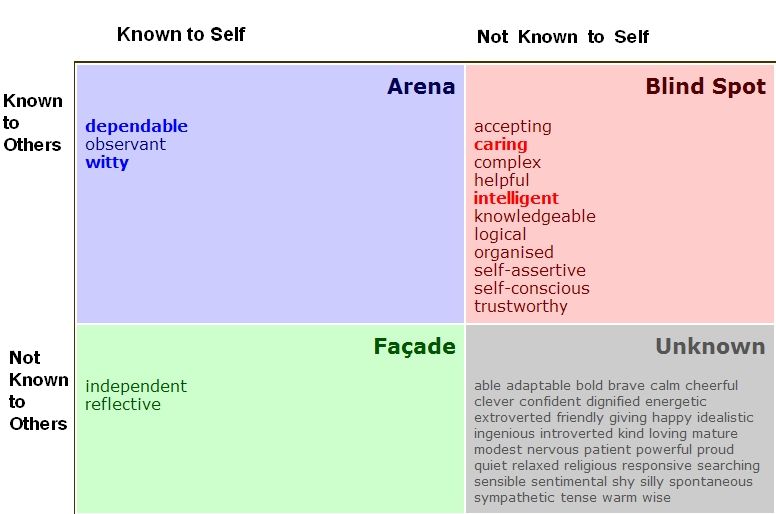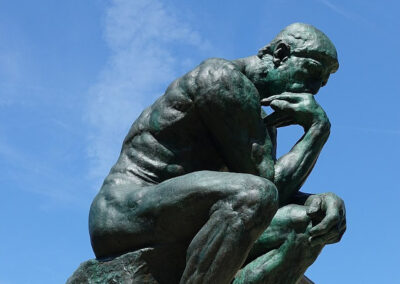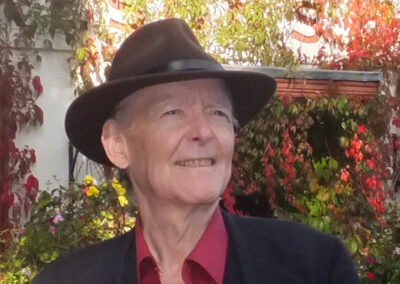The combination of: Self-reflection (self) and collective reflective communications (self plus others) produce a wider reflective approach, which then contributes to shared knowledge at micro and macro levels (i.e., detailed/personal/local, and broad/external/societal). Shared reflections in the classroom, through disseminated written/published works, contribute to wider bodies of knowledge. At a personal level, someone who reflects on may progress to take action for change in wider society. Someone who reflects on their personal and professional life may build on strengths and address development gaps to progress and take action for change in wider society.
Some definitions of terms within/relating to Reflective Practice, according to Linda Lawrence-Wilkes:
Reflection – Engagement in a deliberate mental process of thinking about, or contemplating, things that have happened, what was experienced and learned, from our own and from others’ points of view. Reflection here means looking beneath the surface to find the truth about something, to draw conclusions for building new knowledge.
Reflexivity – Reflexivity is the process of ‘stepping back’ from a situation we are involved in, for a ‘helicopter view’ of ourselves. Here we examine ourselves to gauge our values, assumptions, behaviour and relationships, and thereby monitor our learning and develop our intra-personal and inter-personal skills (equating to self-management, and external relationships).
Critical Reflection – Critical Reflection is the adoption of a questioning stance to solve problems, challenge the ‘status quo’ and examine our own assumptions. This extends to consideration of wider socio-political perspectives and other relevant diverse contexts, theory and professional activity.
Reflective Practice – Reflective Practice is the use of self-analysis to understand, evaluate and interpret events and experiences in which we are involved. This extends to being able to form a theoretical view or analysis, as would allow clear explanation to others, if required. The process of Reflective Practice seeks to enable insights and aid learning for new personal understanding, knowledge, and action, to enhance our self-development and our professional performance.







